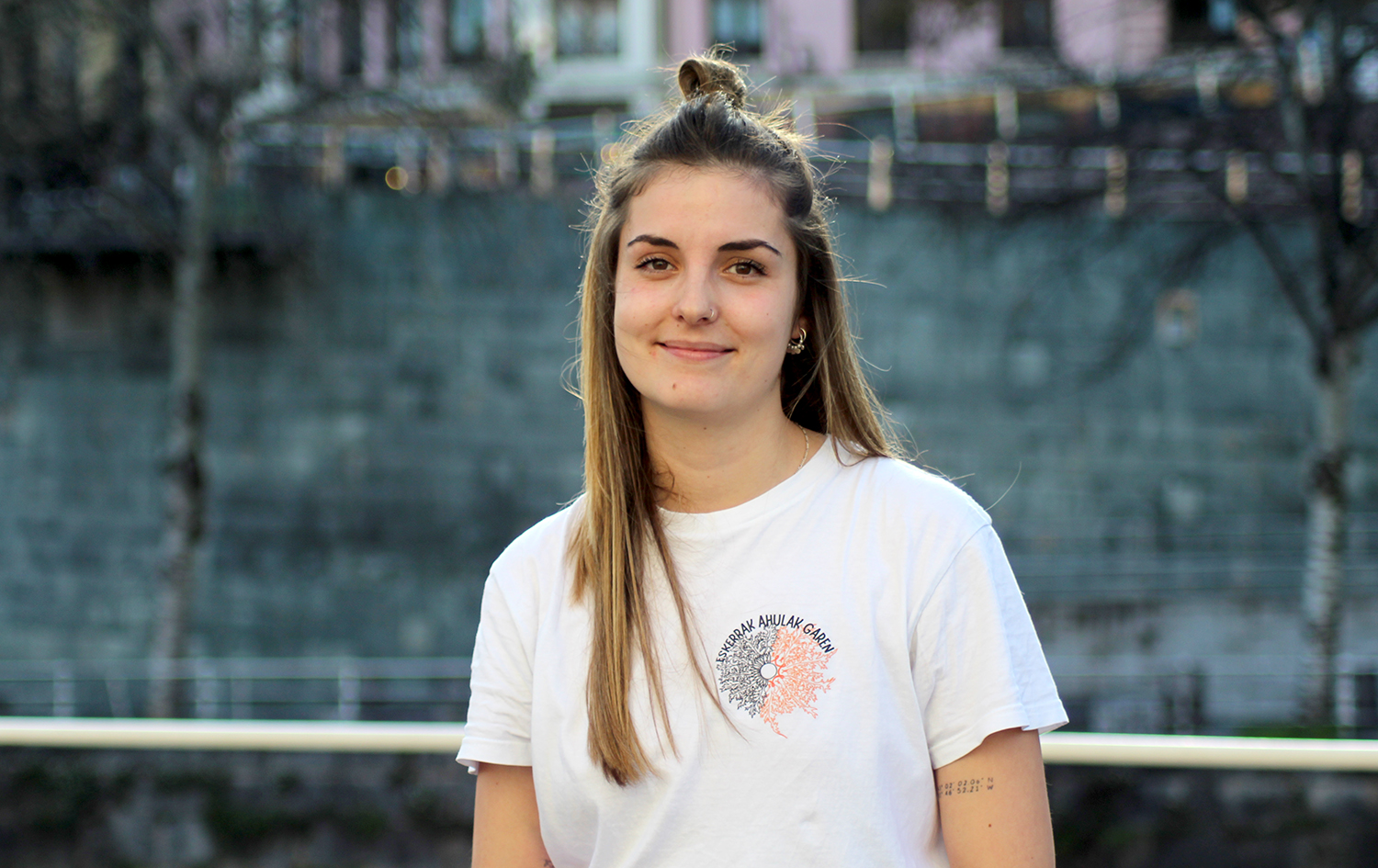"Under an eating disorder, there is poor emotional management."
- Problems related to eating disorders have increased during the pandemic, and there are more extreme cases. We refer above all to girls aged 12-13. The psychologist Maria Zunzunegi has given some keys in the Basque Country: “The pandemic has forced us to look at ourselves, and we are not used to it, we do not know how to manage ourselves.”

Between 2019 and 2020, the number of consultations related to this problem has increased by 50%, according to data provided by the Association against Anorexia and Bulimia Acabe. Zunzunegi has reported that most of those who come to his cabinet are adolescents, girls aged 12-13 years, “and many cases are already extreme, this trend is noticeable. We often know at home that something is happening, but we don’t know where to go, what to do, talk to my daughter or not… That’s what my parents tell me, they’re very lost.”
What has happened in the pandemic?
“In general, the pandemic has put our lives on our feet and made us focus on ourselves. The pace of life has led us to act outward for a long time, and the pandemic has forced us to look at ourselves, but we are not used to it, we do not know how to manage ourselves. The person with an eating disorder needs control, and the pandemic has taken it away, has no control. In addition, if the problem was already there before, the fact of being at home has evidenced it, those at home have realized it sooner or later,” explains the psychologist.
He also highlighted the influence of social networks: “We’re seeing the damage they can do if we don’t have a critical look. Social media is not a problem in itself, but how we use them, and with the increased use in times of pandemic, we haven't passed through the filter the messages we've received often. What we show on social media is a choice, a perfect moment, and if the person at home is looking at the photos, in an hour they will see a lot of perfect moments and start comparing them; ‘at home they are confined but they do sport, they eat healthy… and they look happy, and I am anxious.’
Prevention and treatment
“Under an eating disorder there is poor emotional management and that is where you have to work (self-esteem, assertiveness…). Emotional education is fundamental and we are not prepared for a situation like the pandemic. If I don’t control my emotional management, I look for that craving of control in something else, and as some seek the escape route in sport, at work, others do it in food.”
Zunzunegi has also questioned what we do and how we speak. “The nutritionist Aitziber Aizpuru says: let’s stop saying once there is someone nice because it has slimmed a lot. The physique is valued; we praise other characteristics.”
Remember that the key to treatment is teamwork: the collaboration of the psychologist and nutritionist. “And there are also the endocrines, the primary care doctors… and of course, the family.”
Donostiako Zurriola Haur Hezkuntza, La Asunción eta The English School ikastetxe inguruak eta Bilboko Kontxa Eskola eta Calasancio-Escolapios dira karbono dioxidoaren muga legala gainditzen dutenak, Ekologistak Martxanek hainbat eskola ingurutan egindako azterketaren... [+]
You may not know who Donald Berwick is, or why I mention him in the title of the article. The same is true, it is evident, for most of those who are participating in the current Health Pact. They don’t know what Berwick’s Triple Objective is, much less the Quadruple... [+]
Indartsua, irribarretsua eta oso langilea. Helburu pila bat ditu esku artean, eta ideia bat okurritzen zaionean buru-belarri aritzen da horretan. Horiek dira Ainhoa Jungitu (Urduña, Bizkaia, 1998) deskribatzen duten zenbait ezaugarri. 2023an esklerosi anizkoitza... [+]
Pazienteek Donostiara joan behar dute arreta jasotzeko. Osasun Bidasoa plataforma herritarrak salatu du itxierak “are gehiago hondatuko” duela eskualdeko osasun publikoa.
EAEn BAMEa (famili medikuen formazioa) lau urtetik hiru urtetara jaistea eskatu du Jaurlaritzak. Osakidetzaren "larritasunaren" erantzukizuna Ministerioari bota dio Jaurlaritzako Osasun sailburu Alberto Martinezek: "Ez digute egiten uzten, eta haiek ez dute ezer... [+]



















